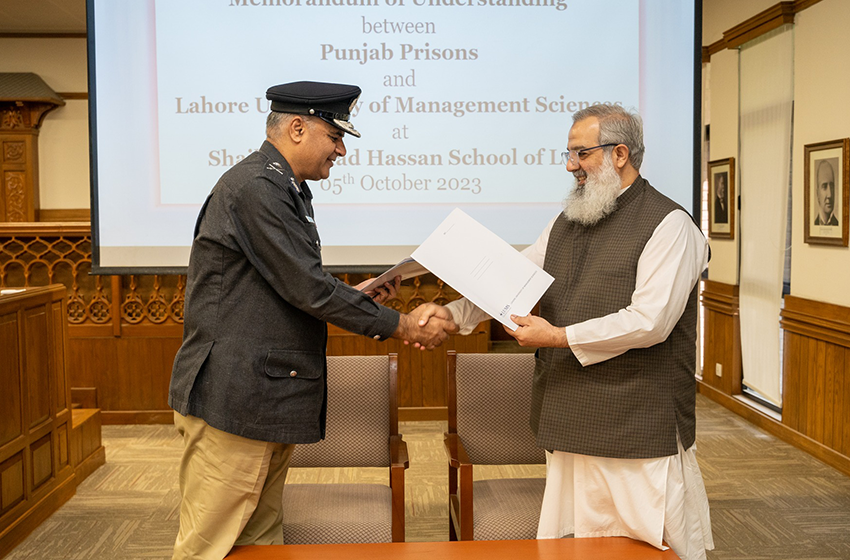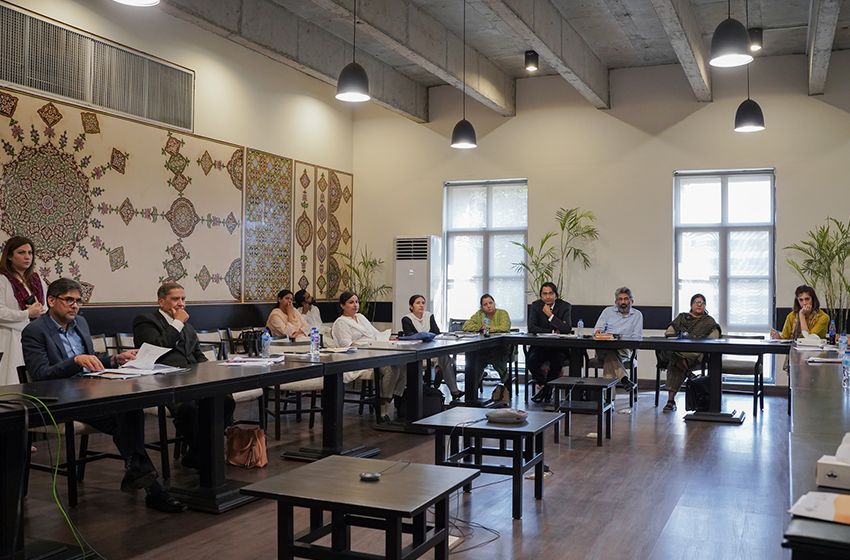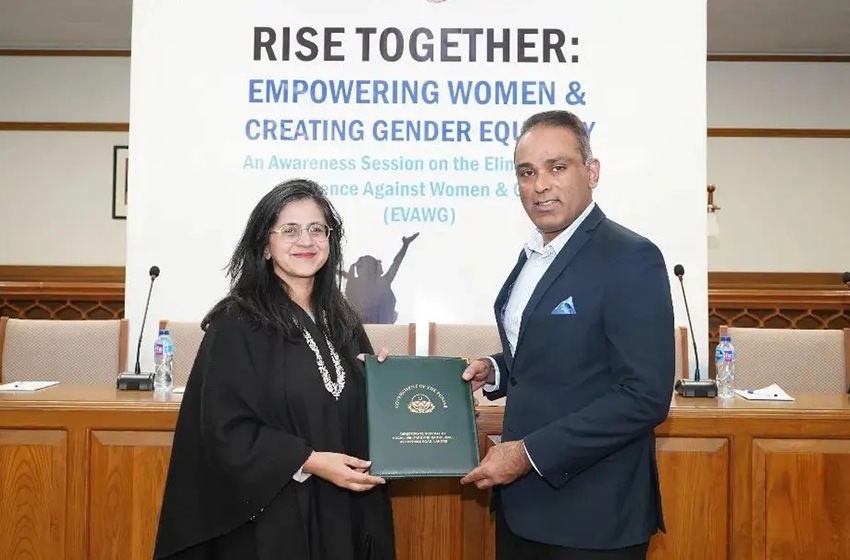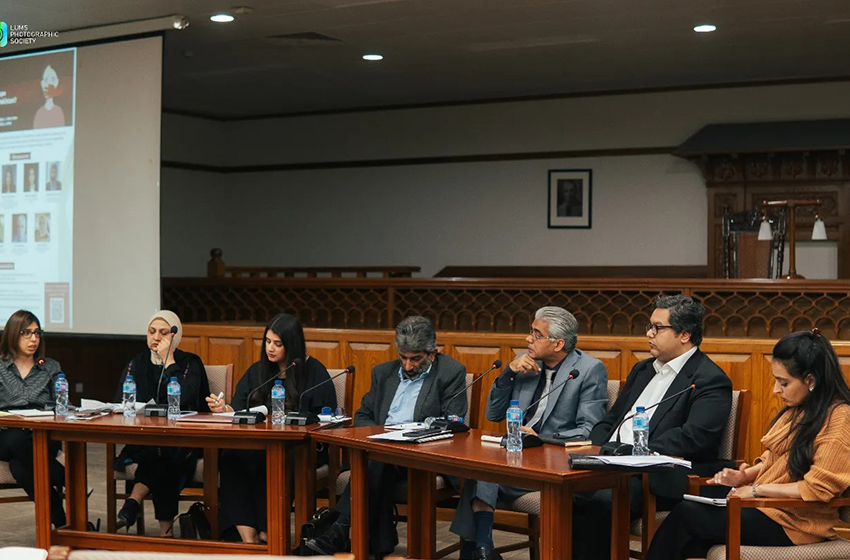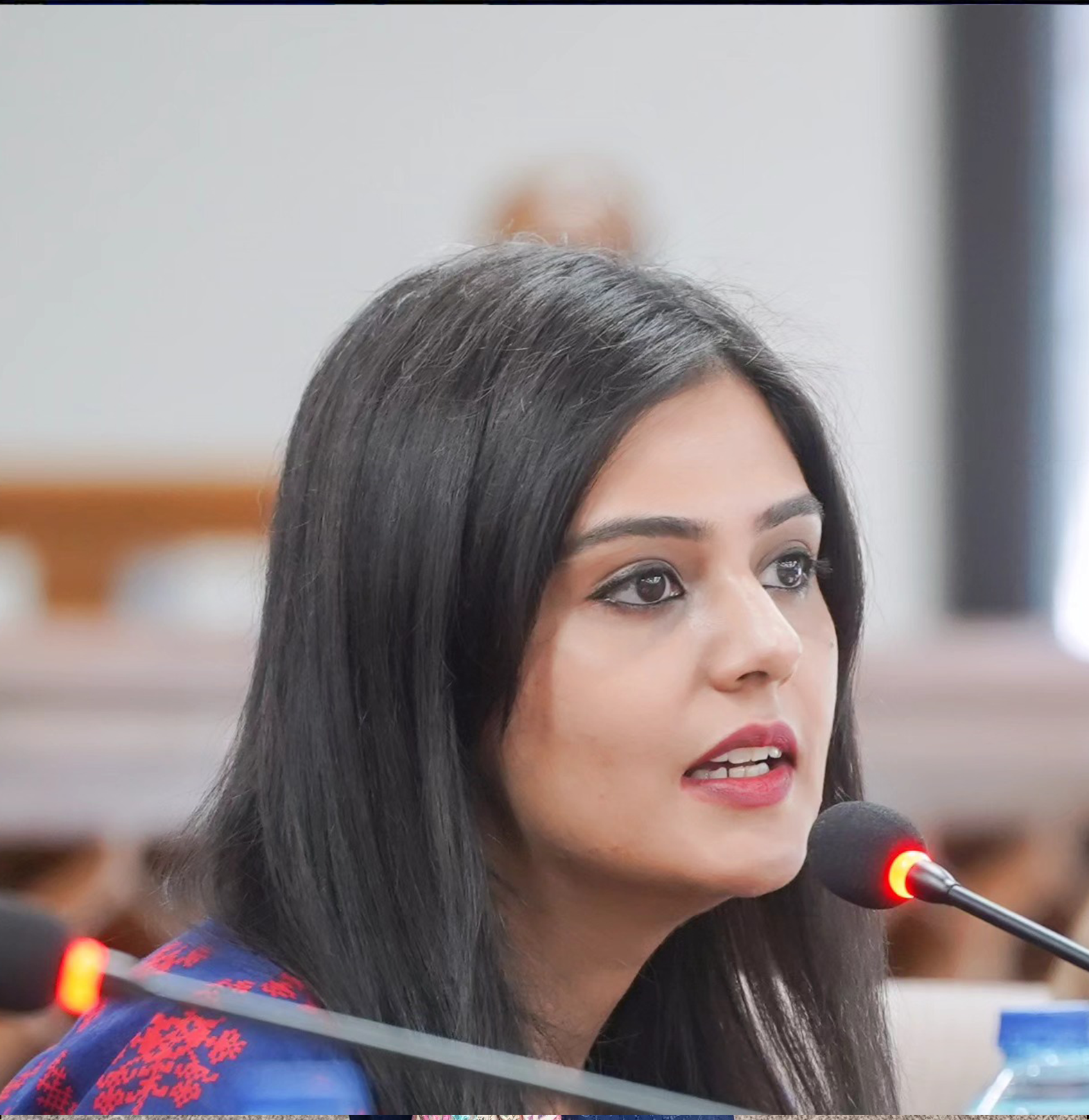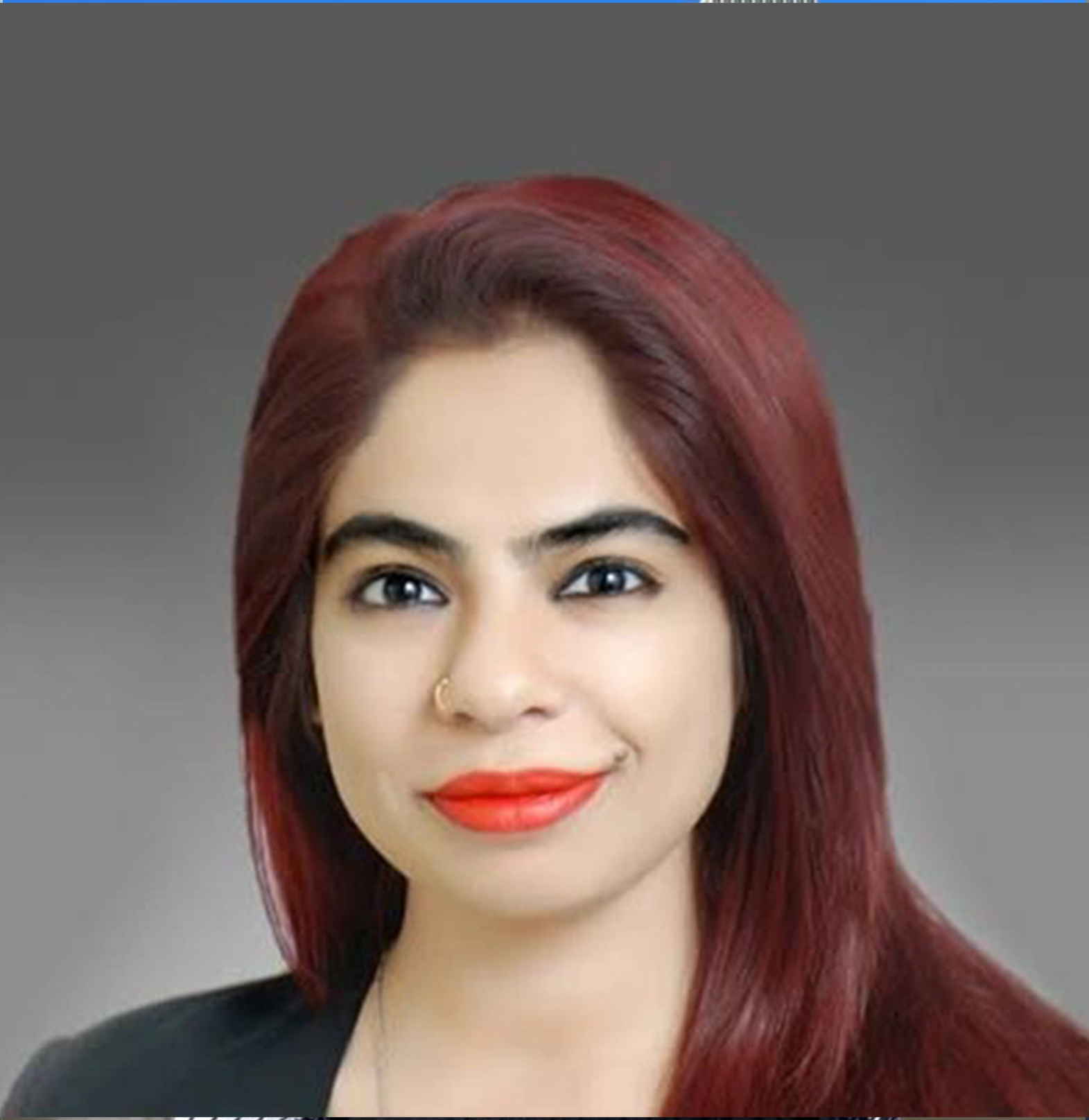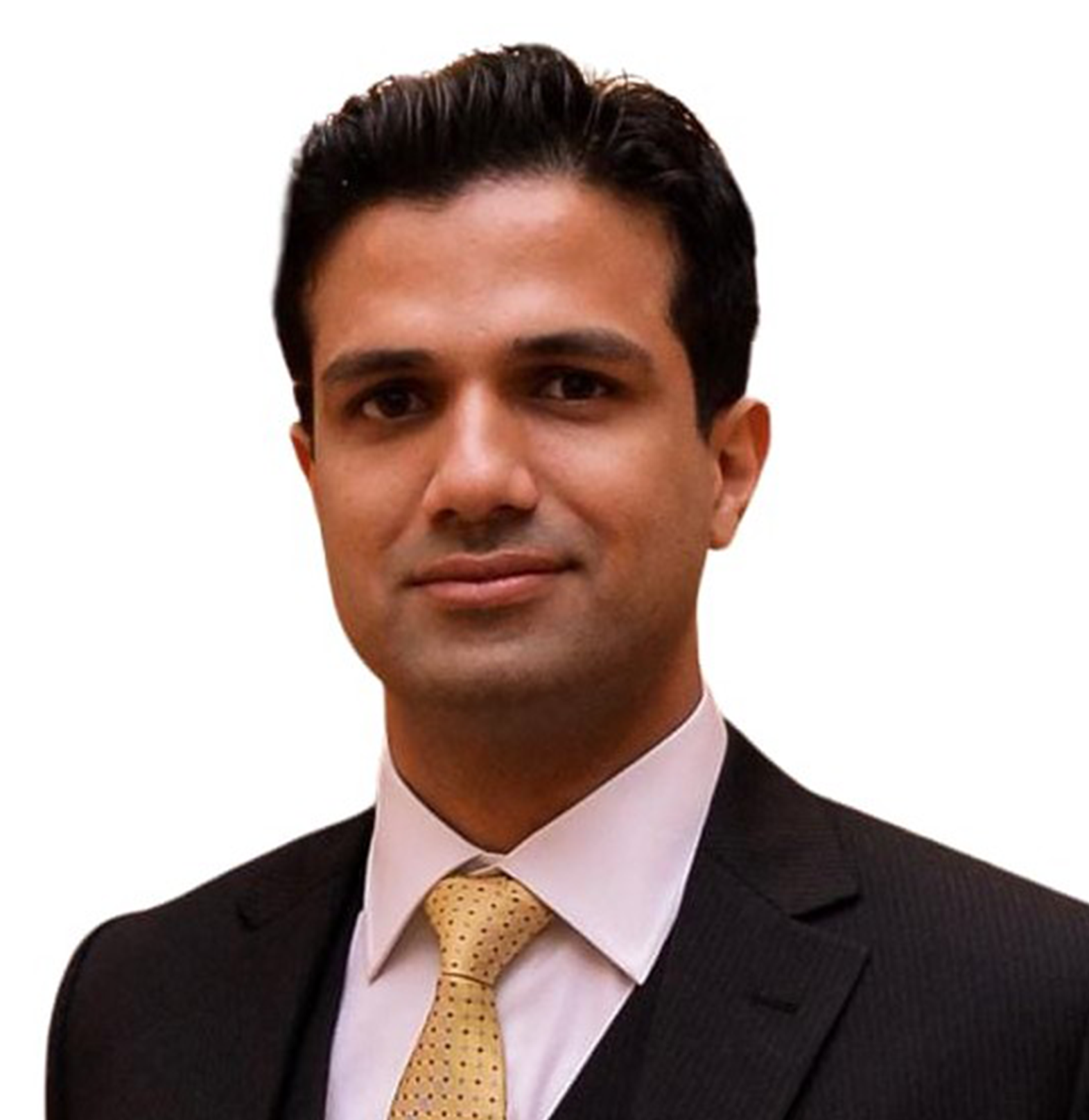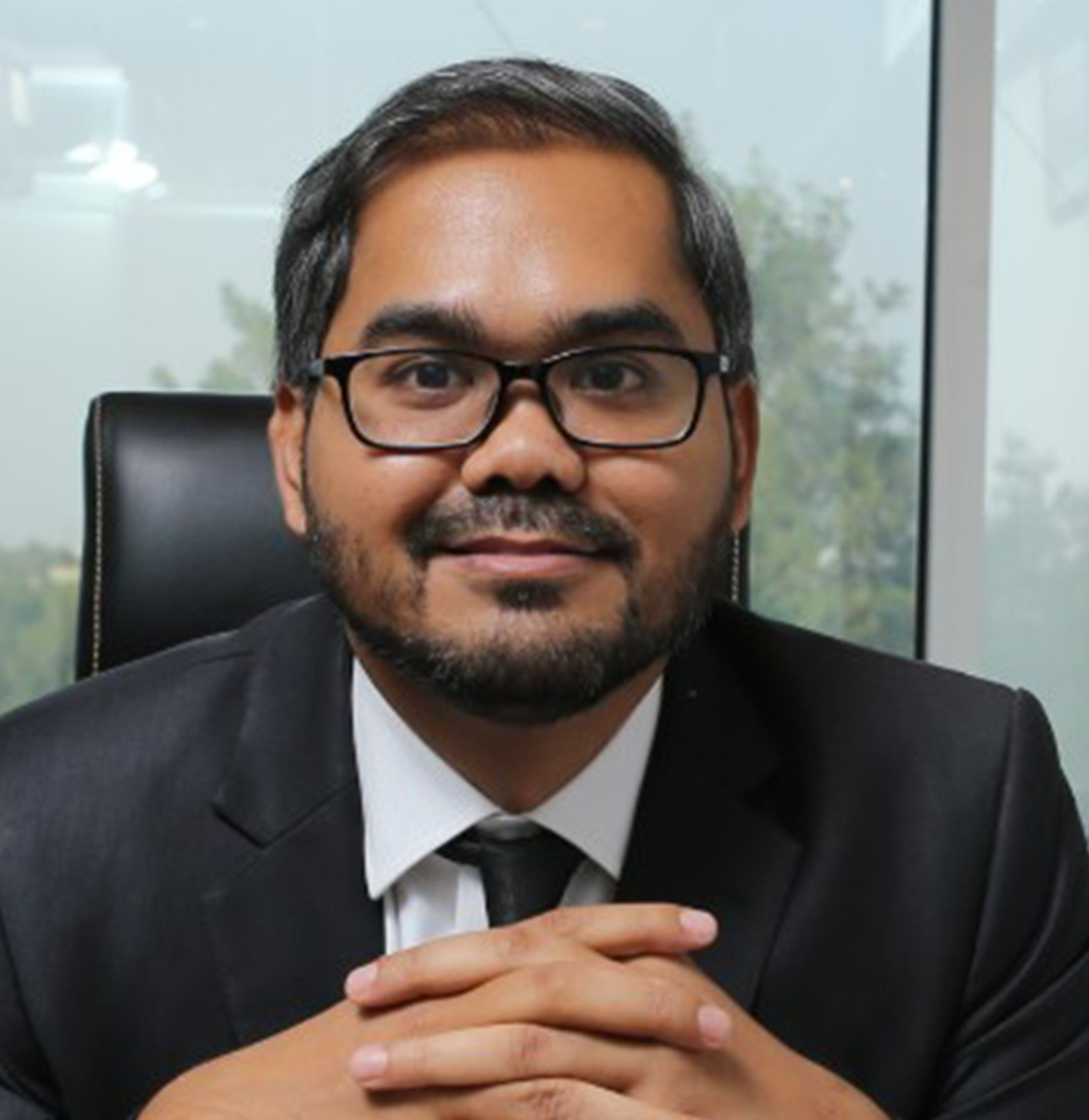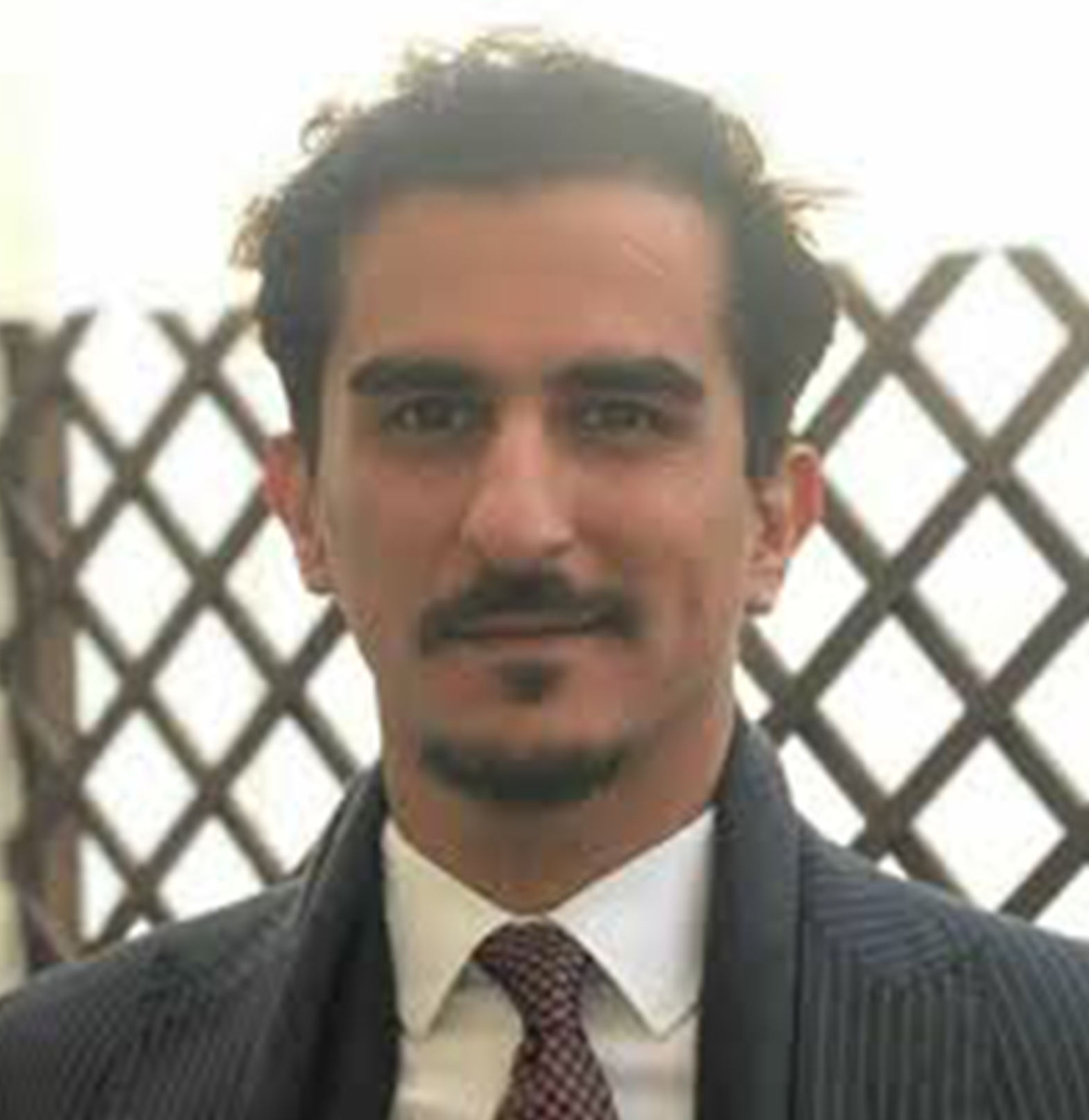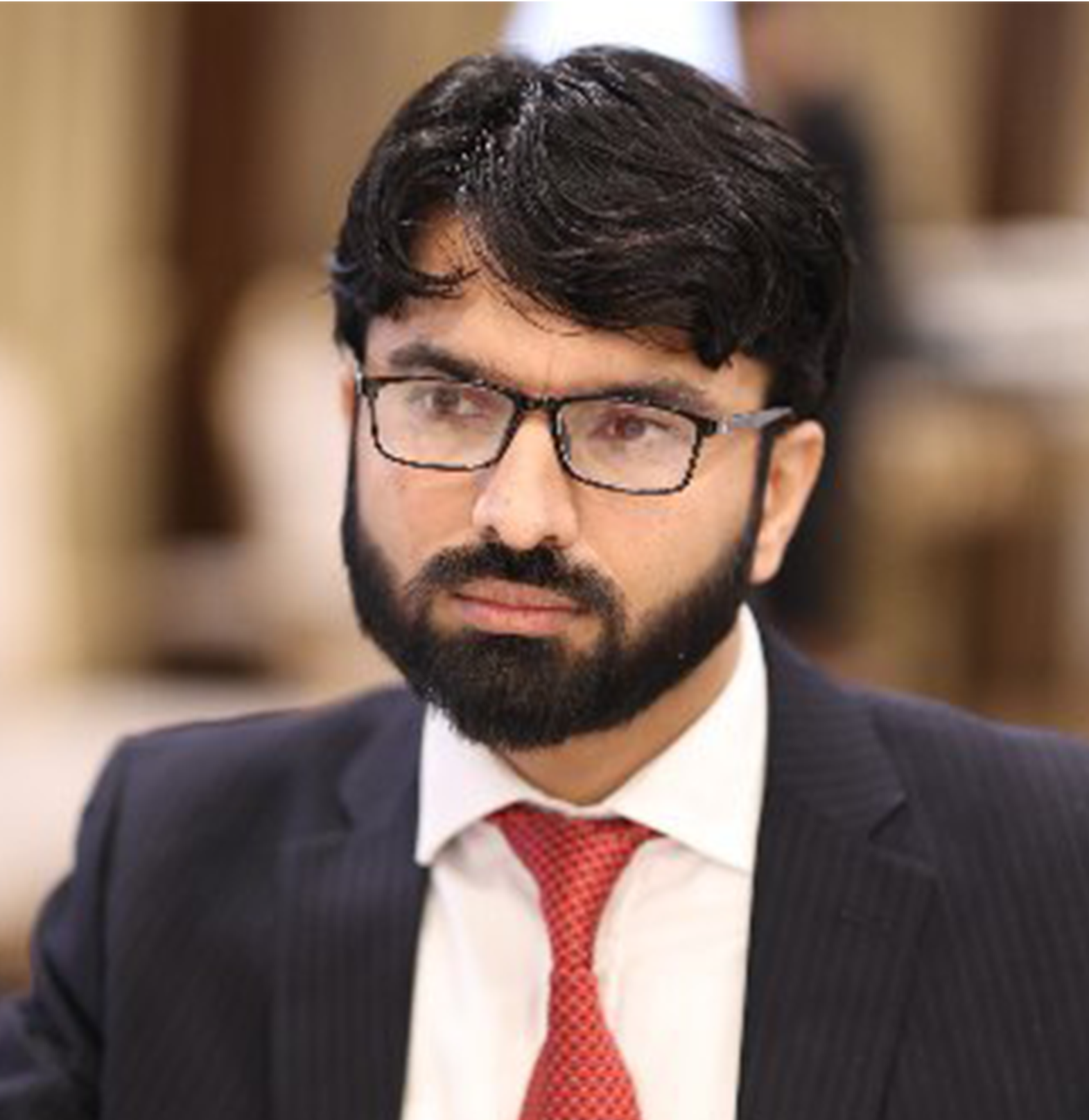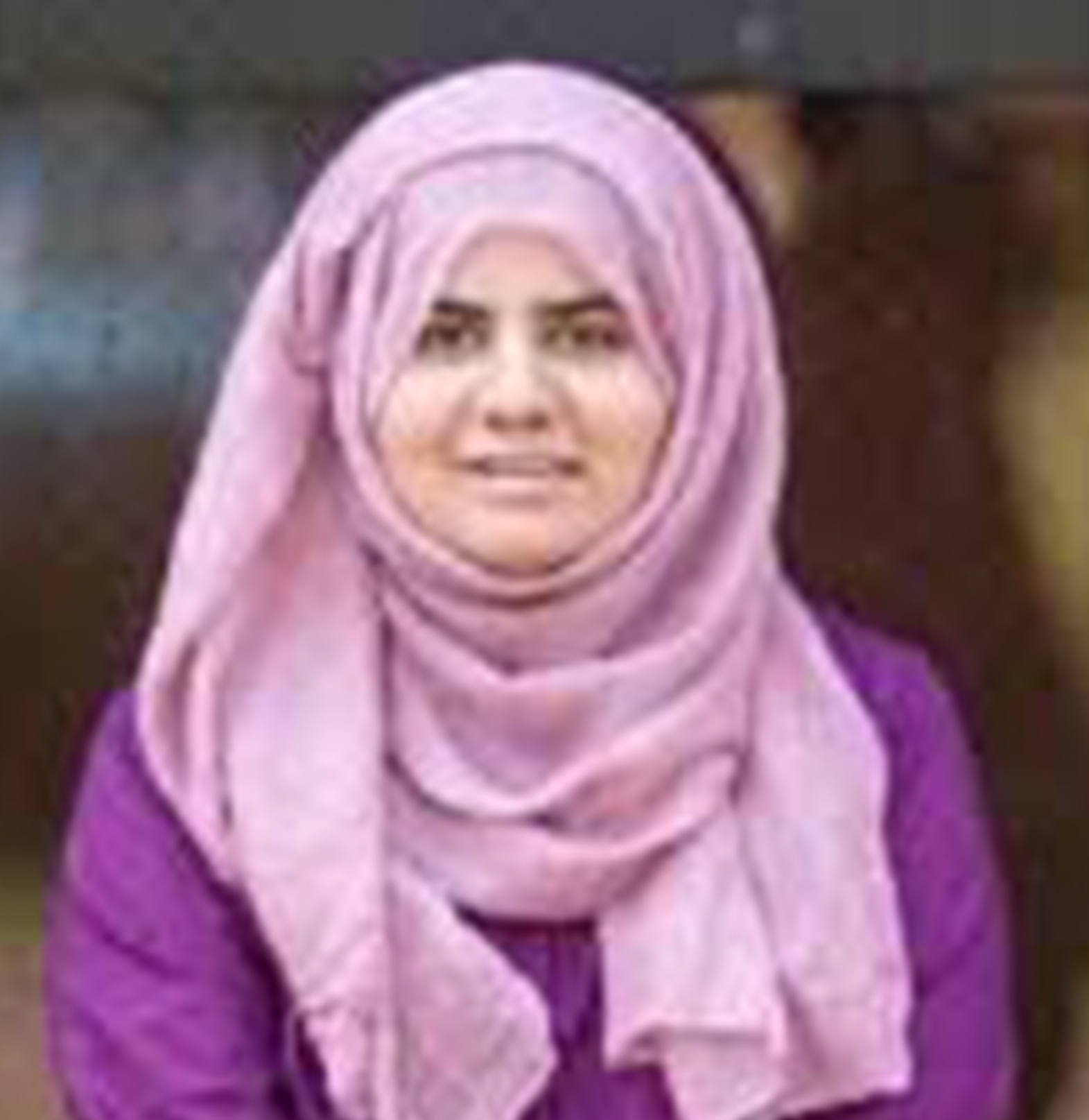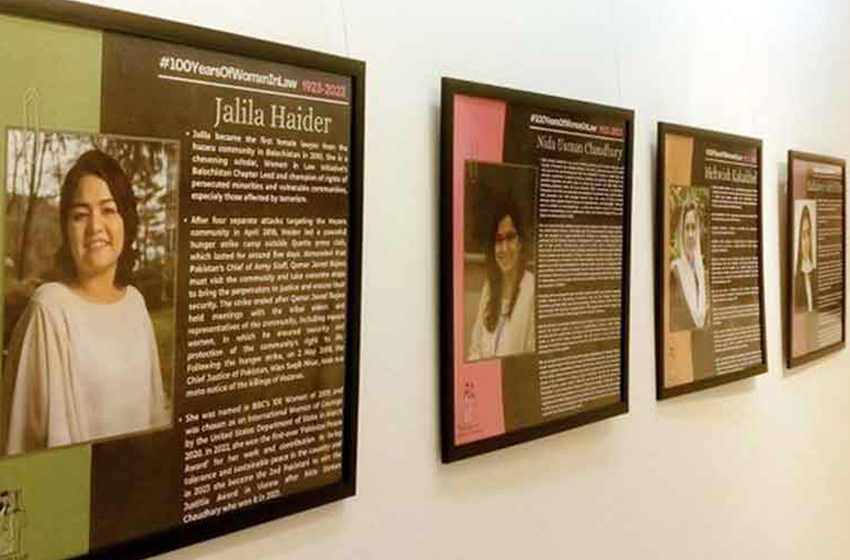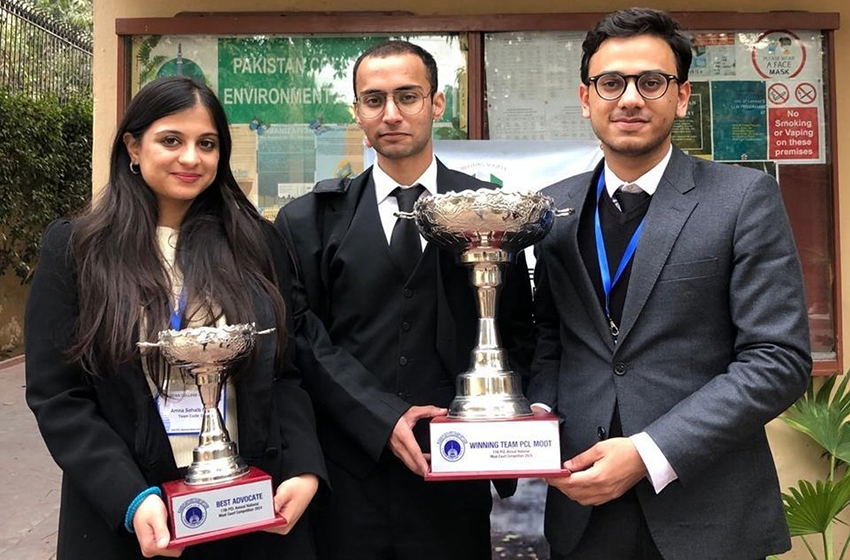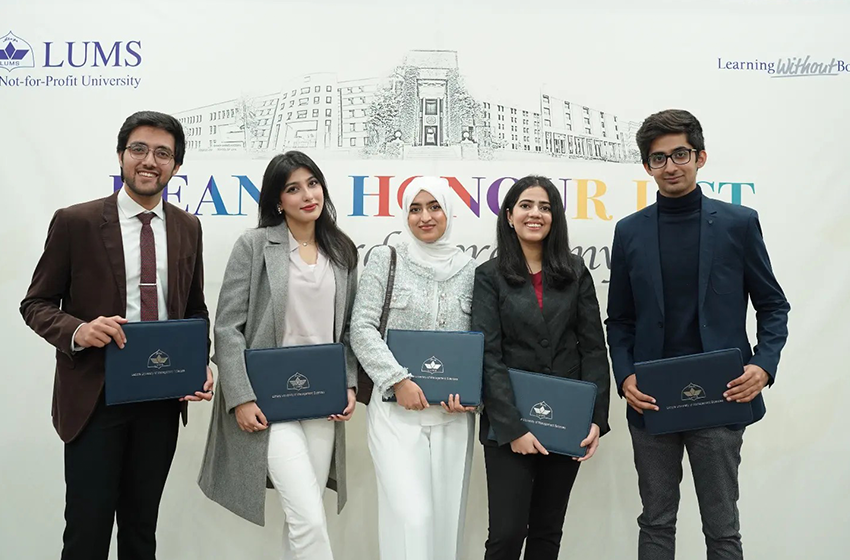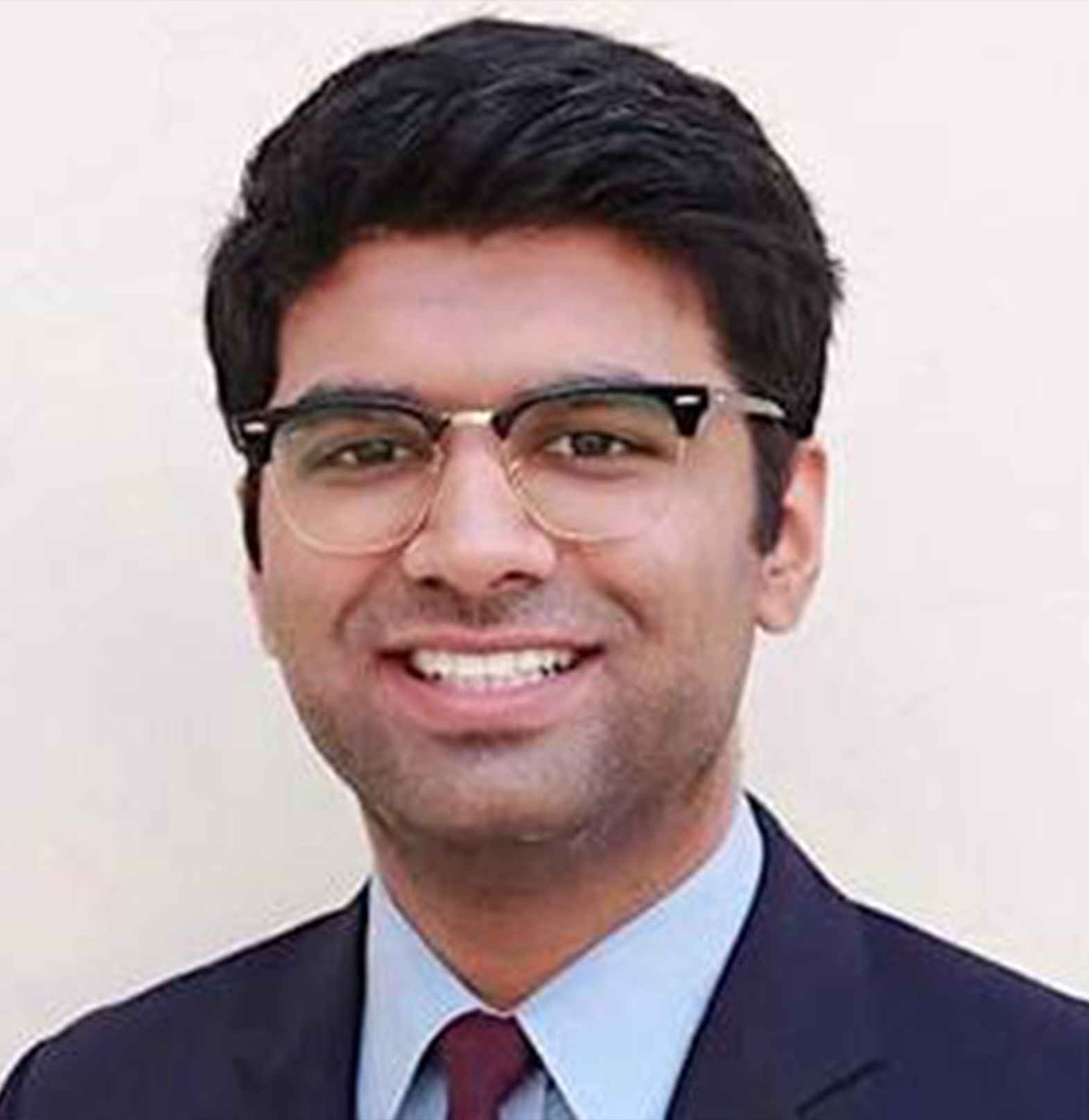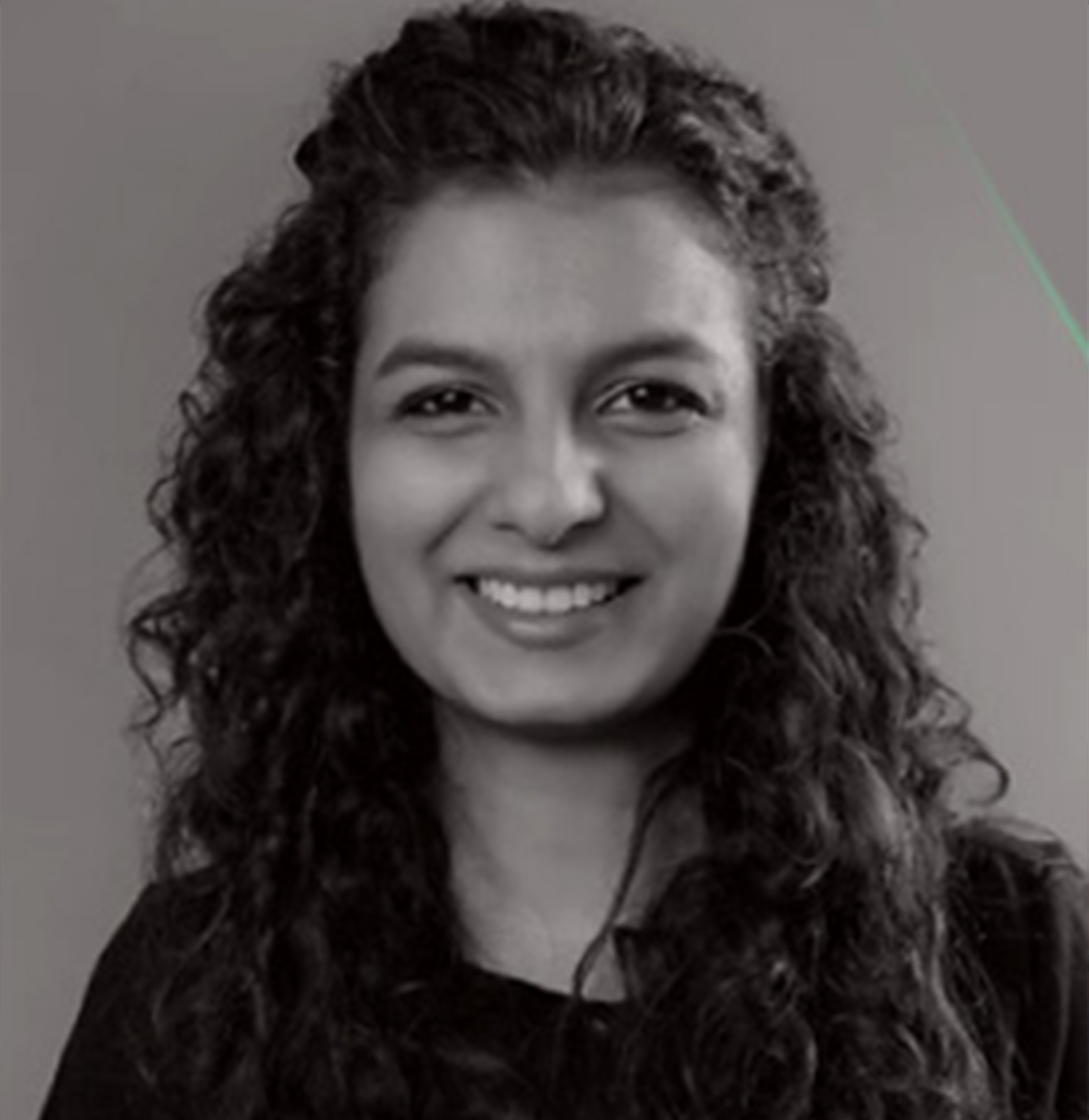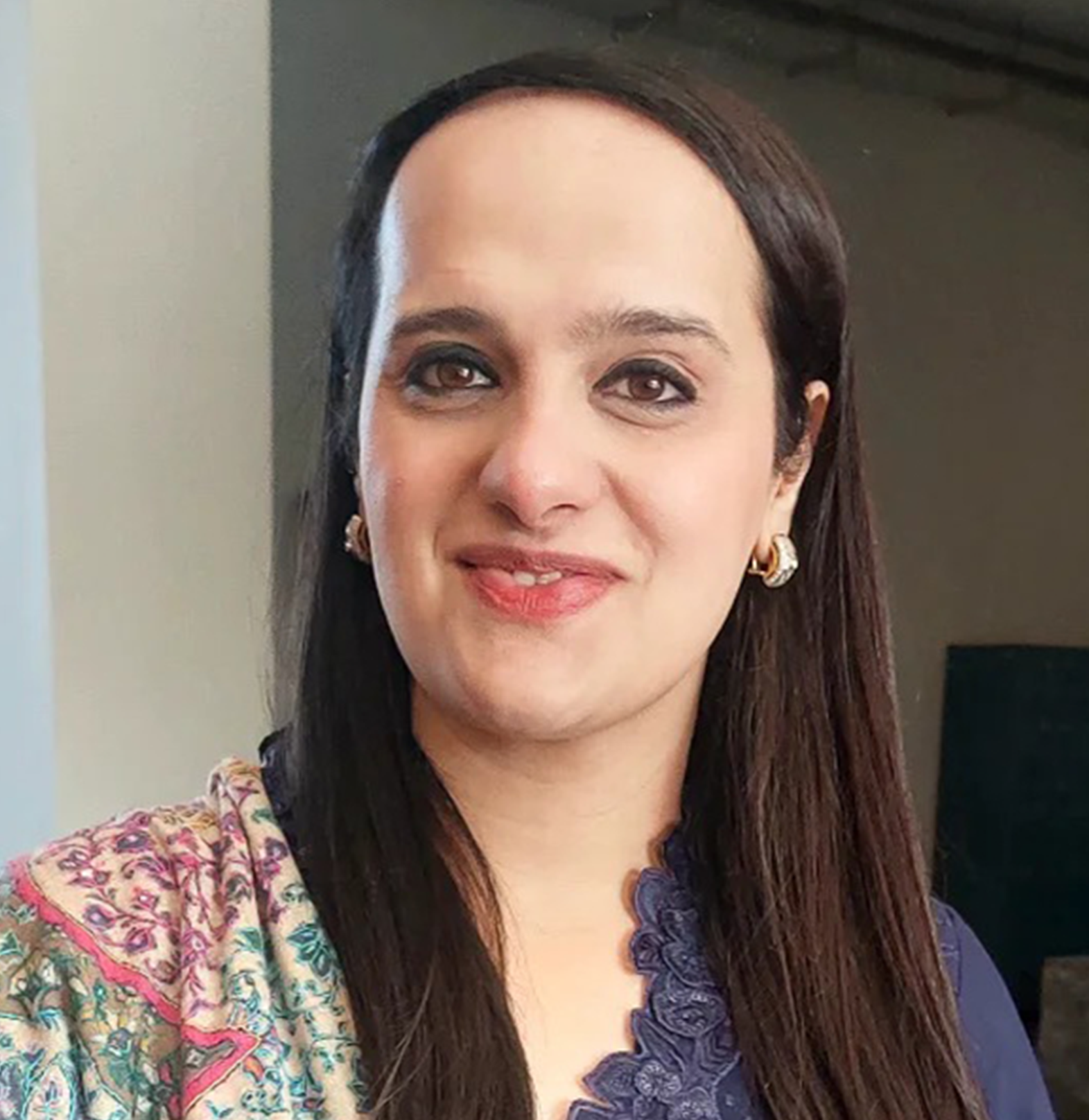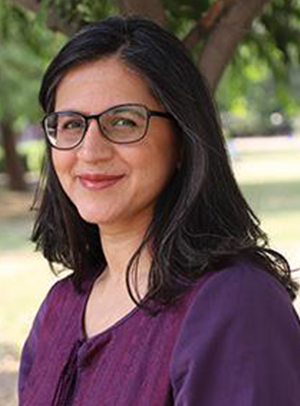
Message from the Dean
This year marks a major milestone for Shaikh Ahmad Hassan School of Law (SAHSOL) as the BA-LL.B programme is nearing its 20th year in operation. This is an opportunity to trace the aims of our programme and chart the transformative impact that the programme has had on legal education in Pakistan. From the start, the forging of the programme of learning has been a collaborative effort and has reflected the specific expertise and inclination of those involved in designing, teaching, and inspiring students to chart novel directions in their legal practice . Over the years, we have benefitted from those students returning to their alma mater to further expand the scholarly resources that the faculty possesses to push ahead. In other cases, the work our students do in diverse domains inspires us to broaden our work at SAHSOL.
In this last year, several endeavours have come together to broaden the impact of our programme. The first is that SAHSOL has delivered trainings in course design and appropriate pedagogical practice to law instructors from across the country. Alongside this, students and faculty involved with the LUMS Law Journal have hosted students and young academics from across Pakistan in a scholarly exchange to deepen their understanding of methods and tools for legal research and writing. The annual conference, ‘Law for the Marginalised,’ also provided an opportunity to learn from and engage with new and established voices in legal research and advocacy from across the country. Legal academia has thus far had little space within Pakistani institutions of higher learning and there are no consistent fora for mutual learning or sharing. We are hopeful that facilitating these kinds of exchanges on a consistent basis will enable the development of greater institutional linkages, and foster effective and critical voices to guide legal developments in the country.
The second major advance of this year has been in institutionalising community outreach and service delivery as a part of our internal pedagogical practice. We have long been planning for an expansion of clinical programmes for our students. While courses such as Street Law and our partnership programme with the Birmingham City University have been offered with consistency over the last few years, we have made significant additional moves towards the development of a permanent pro-bono legal clinic within the school in this last year. Important MoUs with governmental agencies have allowed unprecedented access to our students to be able to deliver paralegal training to prison inmates in and around Lahore. In addition, we have solidified a referral programme with additional agencies to provide legal services to women in need. Several events over this year have allowed us to deepen these linkages and to position SAHSOL as a resource space for relevant expertise.
Finally, it bears mentioning that these 20 years have also allowed SAHSOL to parlay its resources towards more active interventions aimed at gender justice. Through courses, symposia, and research, a special focus on gender-based violence has allowed us to align many actors within legal and policy domains to work towards overcoming systemic and systematic inequality. Our faculty, staff, and students are all a part of various endeavours towards these ends, and many were recognised as such at a recent exhibition honouring women in the field of law.
All of this is in addition to the wonderful contributions that individual faculty members continue to make across many domains. They offer their expertise to collaborative research projects, federal and provincial governments, civil society organisations, underprivileged groups, and international institutions in a myriad of fields. We are helped in all of this by an administrative support structure that consistently punches above its weight to ensure seamless coordination, support, and follow-up across our full range of activities.
Dr. Sadaf Aziz
Dean,
Shaikh Ahmad Hassan School of Law
Highlights
Supporting Legal Academia: Designing Effective Law Courses and Training Pedagogy
This project was conceived by members of SAHSOL to share their experiences of developing research-led courses and pioneering novel methods for teaching law in the Pakistani context. After a very successful first event from June 1 to 3, 2023, in collaboration with the LUMS Learning Institute and the Pakistan Bar Council’s Directorate of Legal Education, a second three-day training took place from January 25 to 27, 2024. Participants exchanged knowledge, networked, and engaged in interactive learning activities. The training stressed the link between legal academia and effective law. The favourable reception by participants, the Minister of Law and Justice Azam Nazir Tarrar, and numerous judges of the Lahore High Court Panel led to the award of a grant by the Law and Justice Commission of the Supreme Court of Pakistan to replicate this event on a biannual basis.
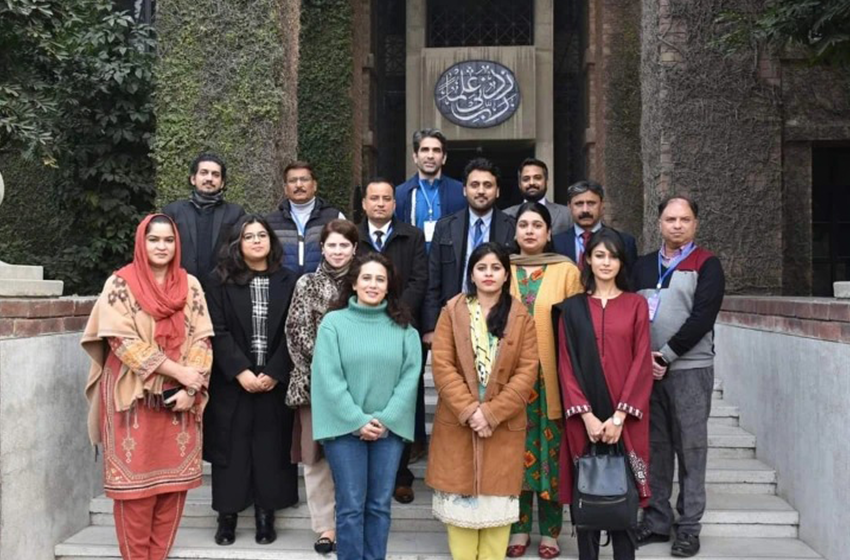
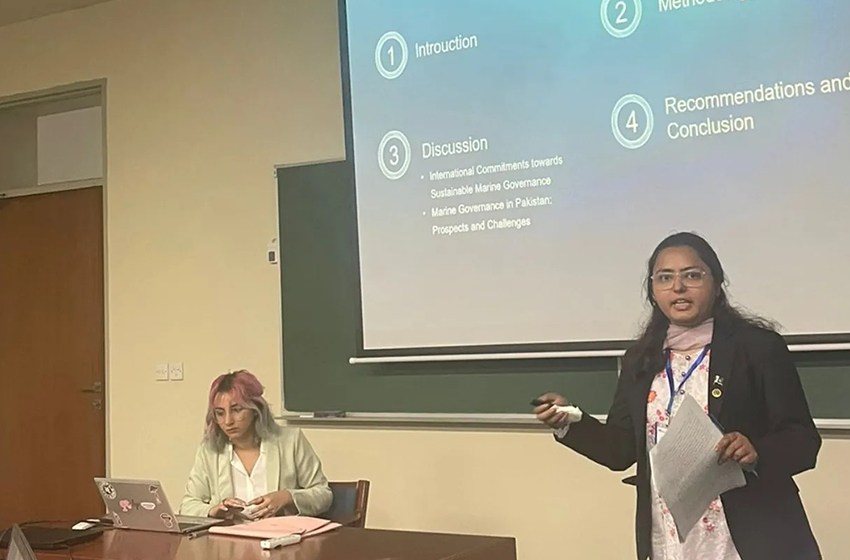
LUMS Law Journal: Young Scholars’ Workshop
The Journal hosted the Young Scholars’ Workshop, bringing together students from various Pakistani universities for a learning experience focused on legal writing and research. Participants had the opportunity to present draft papers and receive peer and expert feedback. In addition to the publication of the tenth volume of the journal, improvements have been made for online access to expand the case notes and commentaries section on an ongoing basis.
Conference: Law for the Marginalised
SAHSOL hosted an interdisciplinary conference to interrogate the scope for change, justice, and redressal through the law for vulnerable groups in Pakistan. Over two days, legal academics as well as grassroots activists shared testimonials and scholarship addressing land, labour, gender and beyond.
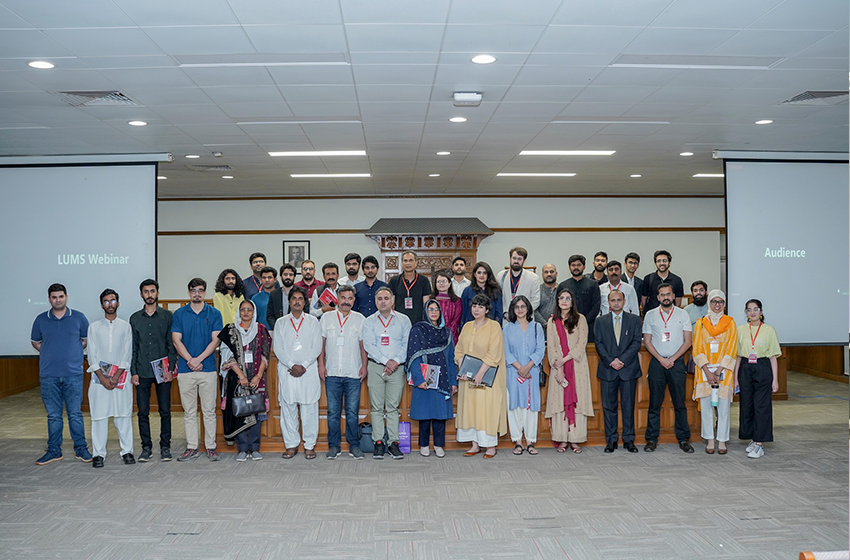
Community Engagement
Breaking Barriers in Legal Education
Film Festival
Over October, SAHSOL hosted an engaging cinematic journey through films that centred on the interplay of everyday lives and conflicts and the operation of official law. Following each film, the audience had the chance to speak with the director of the film and experts on issues that included reproductive health, labour relations, and urbanisation.
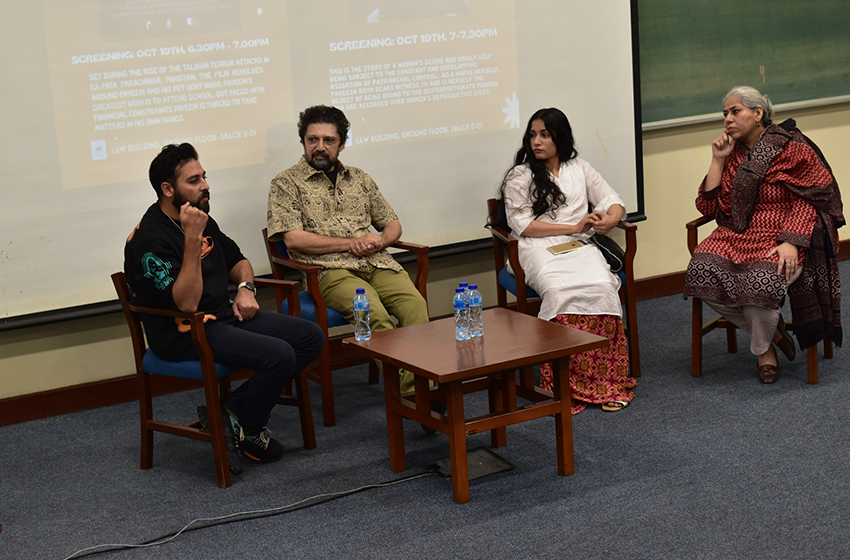
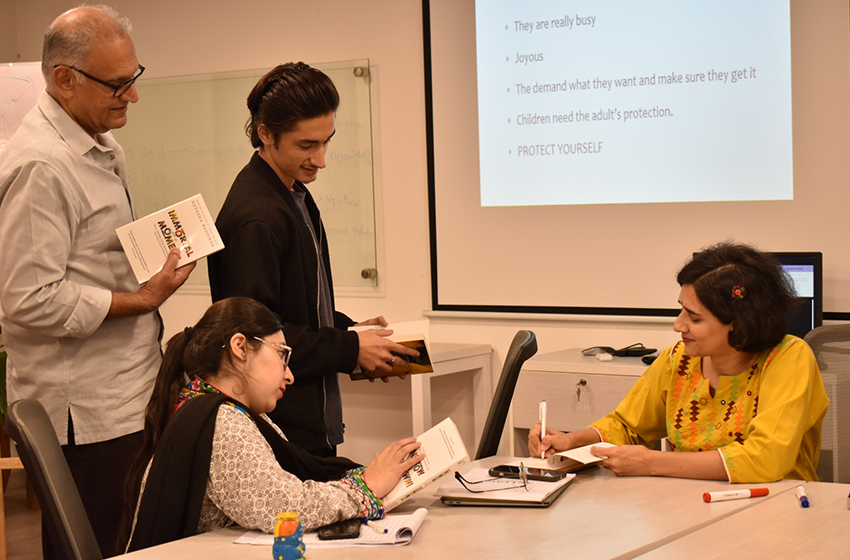
Creative Writing Workshop: Wisdom of the Memoir
This creative writing workshop was led by Natasha Badhwar, a multifaceted author, columnist, filmmaker, journalist, and media trainer from India. Over two days, LUMS staff, faculty, and students had the chance to explore life and memory prompts to craft emotionally charged, honest essays and explore the power of personal narratives.
Transforming Systems: Centring Care and Joy in Justice
‘Transforming Systems: Centring Care and Joy in Justice’ was a workshop held as part of our annual conference, led by Mehlab Jamil and Sophiya-Layla Afsar. The workshop explored transformative justice beyond traditional legal systems, prioritising marginalised voices and challenging colonial legal histories to advocate for systemic change rooted in care and solidarity.
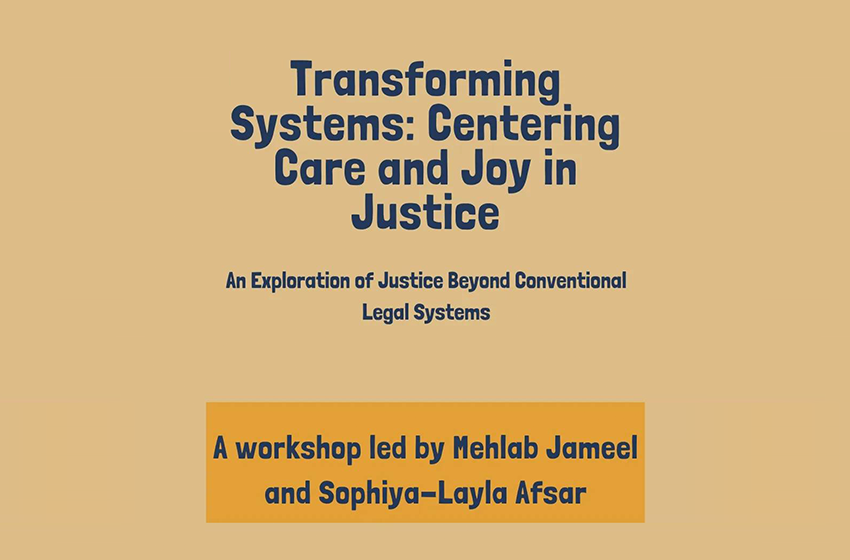
News and Events
Research and Publications
Dr. Azeem and Ms. Hiba Akbar’s co-authored paper, ‘Labour Conditions and Resistance under Chinese Investment in Pakistan’ was published in the Comparative Labour Law and Policy Journal.
Dr. Aisha Ahmad from SAHSOL successfully defended her doctoral thesis, ‘Accumulation by juridical dispossession: A socio-legal study of land, law and capital in Lahore, Pakistan,’ at the Department of International Development, Oxford University.
Dr. Sheharyar Sikander Hamid published ‘Judicial attitudes towards shareholder protection laws in Pakistan and UK: A critical analysis of the jurisprudence developed by the Courts’ in the Company Lawyer.
Angbeen Atif Mirza was a panellist for ‘Enhancing Access to Justice through Institutions’ at the Regional Conclave on Justice Education in Asia and ‘Experiments and Innovations in Justice Education in South Asia’ organised by Sanje.
Dr. Muhammad Azeem published ‘Mapping the politics of Postcolonial Critique in Pakistan through the writings of Aziz-ul-Haq (1958-72)’ in Marxist Thought in South Asia Political Power and Social Theory. His paper, ‘Resistance and change in form and content of international law: A Third World Perspective on Commodity Form Theory of International Law,’ has been accepted for publication in a special issue of Uluslararası İlişkiler (International Relations) on Marxism and International Relations.
Dr. Faiza Ismail from SAHSOL presented her co-authored case study on the Financial Action Task Force (FATF) with Prof. Howell Jackson at Harvard Law School. The discussion covered FATF’s global watchdog role, Pakistan’s anti-money laundering improvements at an economic cost, and US regulators’ cautious approach despite the country leaving the grey list.
Alumni Achievements
SAHSOL alumni continue to excel across the board and bring great acclaim to the institution. Reema Omer (BA-LL.B 2018), a lawyer and human rights activist, was appointed as an Amicus Curiae by the Supreme Court of Pakistan and successfully submitted a brief concerning the question of lifetime disqualification from politics under article 63(2)(6) of the Constitution of Pakistan. Hadiya Aziz (BA-LL.B 2011) and Umer Gillani were enrolled as Advocates at the Supreme Court of Pakistan this last year. Other alumni who have been appointed on the same position include Ammar Ather Saeed (BA-LL.B 2009) and Basil Nabi Malik (BA-LL.B 2008).
Notable achievements in public service include the appointment of Usama Khawar (BA-LL.B 2013) and Asghar Leghari (BA-LL.B 2013) to the post of Assistant Advocate General, Office of the Attorney General, Punjab. Three of our graduates qualified as Civil Judges: Ujala Rahman (BA-LL.B 2018), Hassan Abid (BA-LL.B 2018) and Khizer Hayat (BA-LL.B 2018). Our recent graduate Wardah Noor was given the Humaray Heroes Award by the Pakistan Super League (PSL) for extensive community service and for founding XWave, a tech-powered disaster relief initiative.
Human Rights Teaching
This year, a selected number of students were able to benefit from the Birmingham City University and SAHSOL Externship Programme. They had input on stakeholder reports for the UN’s Universal Periodic Review, under the guidance of Dr. Amna Nazir. Topics included 'Children’s Rights in Ethiopia' and 'Freedom of Children' in Bhutan. Street Law students had an extended set of interactions with primary and middle school students in the Chungi area in Lahore and undertook the delivery of more specialised training for female students about their legal rights concerning each clause of the Nikkah Nama. Other courses they covered included fundamental rights, contract law, labour law, introduction to the wings of state and legislature, judiciary executive etc.
Honouring Late Justice (Retd.) Fazal Karim
SAHSOL hosted a special event on November 17, to pay tribute to the late Justice (Retd.) Fazal Karim, recognising his outstanding contributions as a judge, scholar, and esteemed faculty member. The panel of distinguished guests included the Honourable Justice Shahid Karim, Honourable Justice Jawad Hassan, Shaharbano Raza, and Faisal Siddiqi.
Alumni Homecoming
The inaugural Alumni Homecoming, organised by the LUMS Law Alumni Association (LLAA) in partnership with SAHSOL, took place on April 20, 2024, providing a day for graduates to reminisce, network with their peers, and look back on their university days. During the event, the LLAA Achievement Awards honoured the remarkable accomplishments of SAHSOL alumni.
Annual Law Networking Session
SAHSOL, in collaboration with the LUMS Career Service Office, hosted a networking event connecting students with law firms. Students interacted one-on-one with legal professionals from 22 law firms, gaining career insights and essential skills.
Gaza Events
Witnessing the terrible events unfolding in Palestine has brought immeasurable heartache to all in our community. SAHSOL members have taken some steps to highlight the history of conflict in the region and the norms of international law that should be protecting affected populations.
New Faculty
We are delighted to have three new faculty members join us this year. Dr. Summaiya Zaidi has recently completed her doctorate in law from Osgoode Hall Law School, Toronto, and is a legal historian with considerable practice experience in environmental protection and the right to information. Mr. Muhammad Umar Ali has joined as a Visiting Assistant Professor. He is a graduate of SOAS and Fordham Law School. He was previously a Judicial Law Clerk at the Supreme Court of Pakistan and a Judicial Extern at the US Court of Appeals for the Second Circuit in New York. Ms. Maria Farooq holds an LL.M in Corporate/Commercial Law from LSE and brings significant expertise in international and local arbitration and corporate litigation. She has been a Partner at Axis and was previously appointed Assistant Advocate General at the Office of the Advocate General of Punjab.


